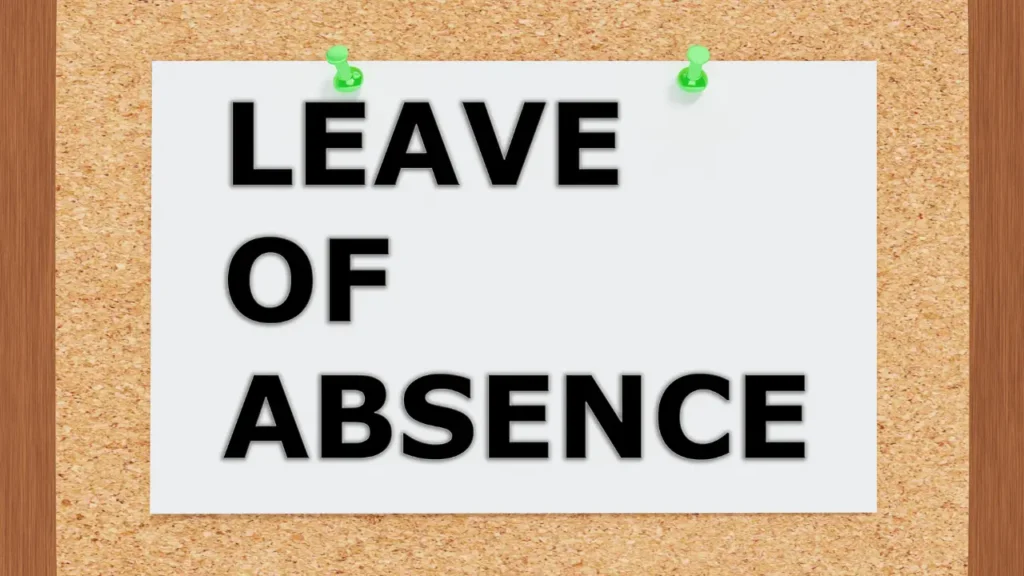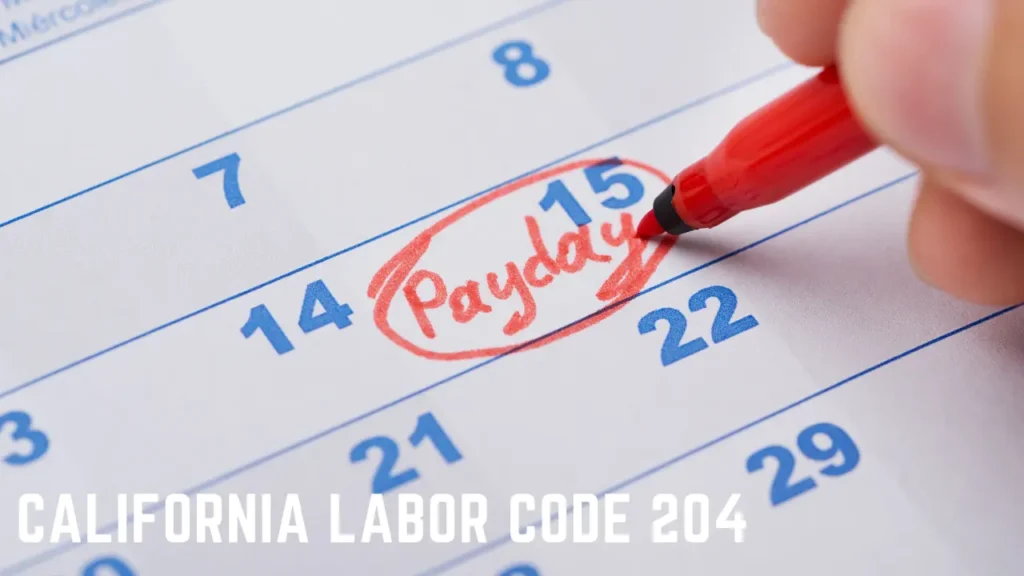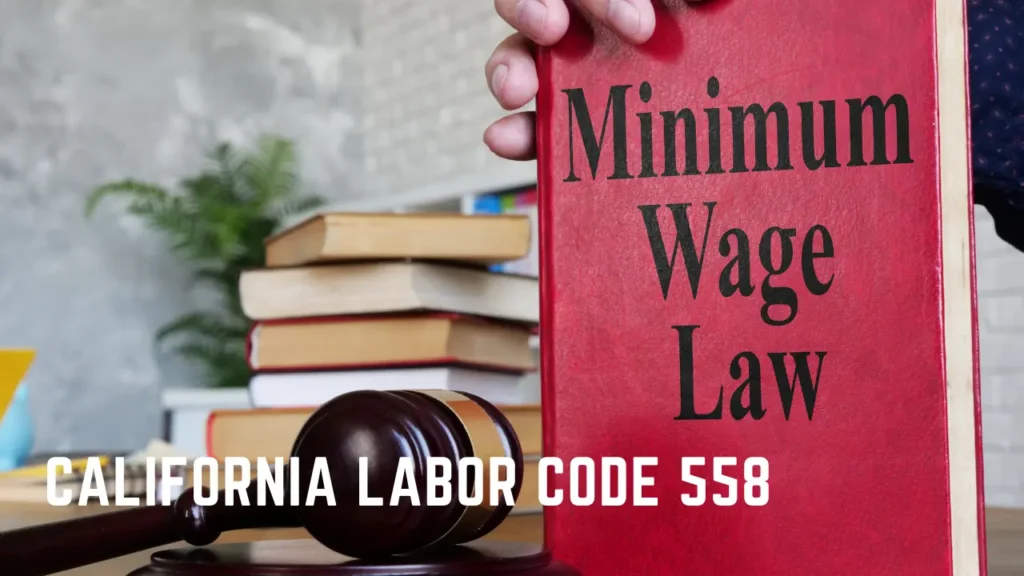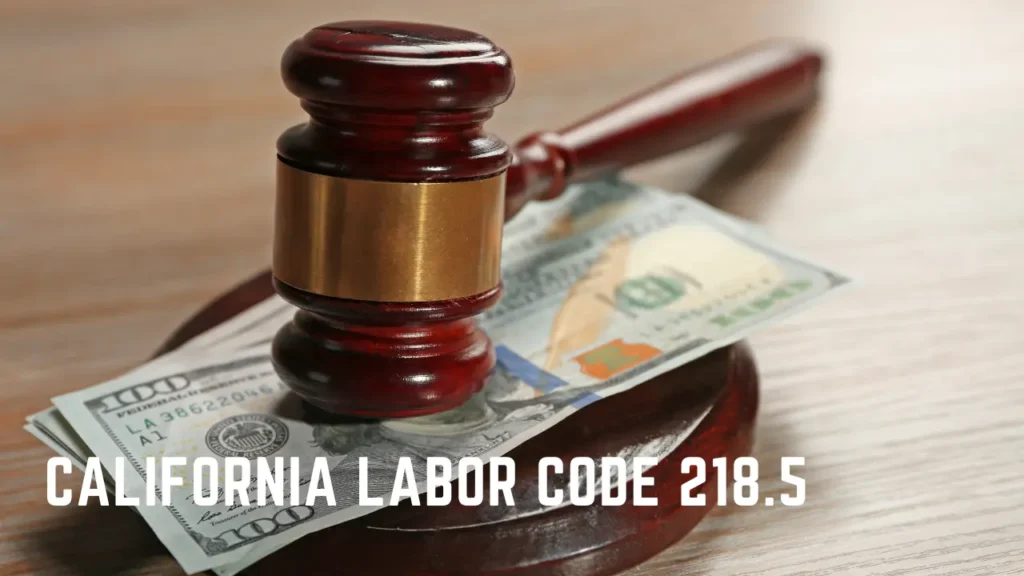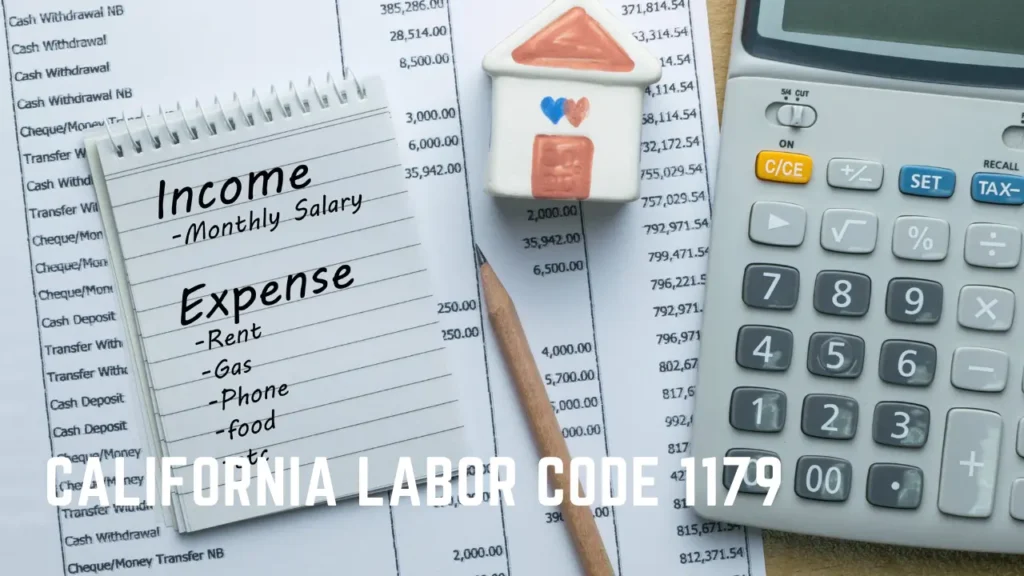Table of Contents
ToggleBut here’s the good news: In California, it’s illegal to discriminate against employees based on a variety of factors including, but not limited to, race, religion, gender, and age. You have the right to stand up against such unfair treatment and bring a lawsuit against your employer.
But how do you go about it? What are the steps, legal requirements, and potential pitfalls? Let’s initiate this journey to justice together, as we unravel the intricate process of filing a discrimination lawsuit in the Golden State.
Buckle up, because it’s about to get legally intense.
How do I report discrimination in California?
If you believe you’ve been a victim of discrimination in California, start by filing a complaint with the Civil Rights Department (CRD) or the Equal Opportunity Employment Commission (EEOC).
It’s crucial to detail the discriminatory actions, those involved, and the impact on you. Ensure you’ve exhausted all administrative remedies before advancing to a lawsuit; it’s not a step to take lightly.
You may request an immediate right-to-sue notice or wait for the CRD to dismiss your case. However, it’s advisable to consult an attorney before proceeding directly to court.
Once you’ve obtained a right-to-sue notice, file your lawsuit in the relevant court. Remember, this is a complex process, and professional legal advice is invaluable.
How do I prove discrimination in California?
Proving discrimination in California can be a challenging task, as discriminatory behavior is often subtle and typically not documented in writing. However, there are signs you can watch for.
Changes in your job performance reviews, exclusion from company events, or an unexplained increase in workload may indicate discrimination. A sudden reduction in your hours or pay without a clear reason can also be a red flag.
Note any different treatment of workers based on their background. If offensive behavior or jokes in the workplace go unaddressed despite your complaints, this could be evidence of a discriminatory environment.
Am I in a protected?
In California, you’re considered part of a protected class if you fall under categories such as race, religion, gender, sexual orientation, national origin, age, military/veteran status, or even perceived characteristics. This means that it’s illegal for employers to discriminate against you based on these traits.
It’s important to note that perceived characteristics, like assuming someone’s religion or nationality, are also covered. Even if you’re not in a minority group, you’re still protected against workplace discrimination.
However, volunteers aren’t protected by anti-discrimination laws, but they’re protected against harassment.
Understanding your status as part of a protected class is crucial in identifying and taking action against potential discrimination.
Is it discrimination if I was never hired?
Understanding whether you’ve been a victim of discrimination can be complex, especially when you’ve been denied a job opportunity. If you suspect discrimination, it’s crucial to analyze each aspect of the hiring process.
Was there any indication that your race, gender, religion, age, or any other protected characteristic influenced the employer’s decision? Did the employer ask inappropriate questions related to these characteristics?
HR section: Do I have to file a complaint first here?
While navigating the complexities of potential discrimination during the hiring process, you might wonder if it’s necessary to first bring your concerns to the Human Resources department before taking further steps. The truth is, there’s no legal requirement for you to do so.
However, it’s often beneficial to document your concerns with HR as a first step. This can provide a record of your proactive attempts to address the issue, which can be valuable should you decide to file a lawsuit later.
EEOC section: Do I have to file a complaint?
If you’re considering a lawsuit for discrimination in California, filing a complaint with the Equal Employment Opportunity Commission (EEOC) is a crucial step you’ll likely need to take. This federal agency is responsible for enforcing anti-discrimination laws and can investigate your claim, potentially saving you from a lengthy court process.
However, filing with the EEOC doesn’t guarantee a lawsuit; it’s simply an avenue to explore before pursuing legal action. The EEOC will review your complaint and may take action on your behalf. If the EEOC doesn’t resolve your claim to your satisfaction, they’ll issue a ‘right to sue’ letter, which is necessary to pursue a lawsuit.
How much time do I have to sue my employer?
In California, you generally have three years from the last incident of discrimination, harassment, or retaliation to file a pre-complaint inquiry. However, there are exceptions for cases where the unlawful practice was discovered after this period. These exceptions can extend the filing period, so it’s crucial to consult with an attorney to understand your specific circumstances.
If you miss this window, you’ll likely forfeit your right to take legal action. This time limit, known as a statute of limitations, applies to both state and federal discrimination claims.
Additionally, you also have a year from the date of your right-to-sue letter to file a civil lawsuit.
Being aware of these timelines is essential to protecting your rights and seeking justice.
What are my damages?
Understanding your potential damages in a discrimination lawsuit is crucial, as they directly influence the compensation you might receive.
- Back Pay: This includes any wages, benefits, or bonuses you’ve lost as a result of the discrimination. It’s calculated from the date of the discriminatory act to the date of a judgment.
- Front Pay: This considers future wage losses because of discrimination. If you’re unable to secure comparable employment, you may be awarded front pay.
- Pain and Suffering: Emotional distress caused by the discrimination can also be compensated. This can be a significant part of your damage.
- Punitive Damages: If your employer’s conduct was particularly malicious or reckless, the court may award punitive damages to punish and deter such behavior.
Can I lose my job by filing for workplace discrimination in California?
Rest assured, employers are legally prohibited from retaliating against you for reporting workplace discrimination or filing a discrimination lawsuit. This protection is enshrined in both federal and California state laws.
However, it’s crucial to understand that this doesn’t mean retaliatory actions don’t occur. Document any changes in your treatment post-lawsuit, as these may indicate illegal retaliation.
If you’re fired, demoted, or otherwise penalized after filing a lawsuit, you may have grounds for a retaliation claim. It’s important to consult with an attorney who specializes in employment law in these situations.
What are the 4 types of discrimination in California?
While it’s vital to know your rights and protections when confronting workplace discrimination, it’s equally crucial to recognize the various forms this injustice can take. Here are the four primary types of discrimination:
- Direct Discrimination: This is when you’re treated less favorably because of your race, gender, age, religion or other protected characteristics.
- Indirect Discrimination: This occurs when a policy or practice, although not intended to discriminate, has a negative impact on a particular group.
- Harassment: This happens when unwanted behavior linked to a protected characteristic creates an intimidating, hostile or offensive environment.
- Victimization: This is when you’re treated badly because you’ve complained about discrimination or supported someone else’s complaint.
Understanding these forms helps you recognize and challenge unlawful discrimination effectively.
What laws prohibit discrimination in California?
Several laws in California explicitly prohibit discrimination in the workplace, providing a robust framework that safeguards your rights and promotes equal opportunities.
The main statute is the Fair Employment and Housing Act (FEHA), which prohibits discrimination based on race, religious creed, color, national origin, ancestry, physical disability, mental disability, medical condition, genetic information, marital status, sex, gender, gender identity, gender expression, age, sexual orientation, or military and veteran status.
The California Family Rights Act (CFRA) also prohibits discrimination against employees taking family or medical leave.
In addition, the California Equal Pay Act requires employers to provide equal pay for substantially similar work, regardless of gender.
If you feel you’ve been unfairly treated, these laws can form the basis of a discrimination lawsuit.
How is discrimination different from quid pro quo sexual harassment and hostile work environments?
Building on the understanding of discrimination laws in California, it’s crucial to distinguish between workplace discrimination and other forms of unacceptable behavior, specifically quid pro quo sexual harassment and hostile work environments.
- Discrimination: Discrimination occurs when you’re treated differently based on protected characteristics like race, gender, or sexual orientation. It’s subtle, often not in writing, yet pervasive.
- Quid Pro Quo Harassment: This involves an employer or superior offering job benefits in exchange for sexual favors or penalizing you for refusing such advances. It’s direct, explicit, and transactional.
- Hostile Work Environment: This is created when workplace harassment or discrimination becomes so pervasive and severe that it interferes with your job performance. It’s about the overall climate.
- Separation: Each of these behaviors is distinct and has different legal repercussions. Understanding these differences helps you to report accurately and seek appropriate remedies.
Conclusion
In conclusion, no one should endure discrimination at their workplace. California law safeguards you, regardless of your minority status.
If you suspect discrimination, you can assert your rights by lodging a complaint, collecting evidence, and potentially filing a lawsuit. It’s crucial to understand the different types of discrimination, the laws in place, and the differences between discrimination, quid pro quo harassment, and hostile work environments.
Always remember, you’re not alone in this fight for fairness and respect.




